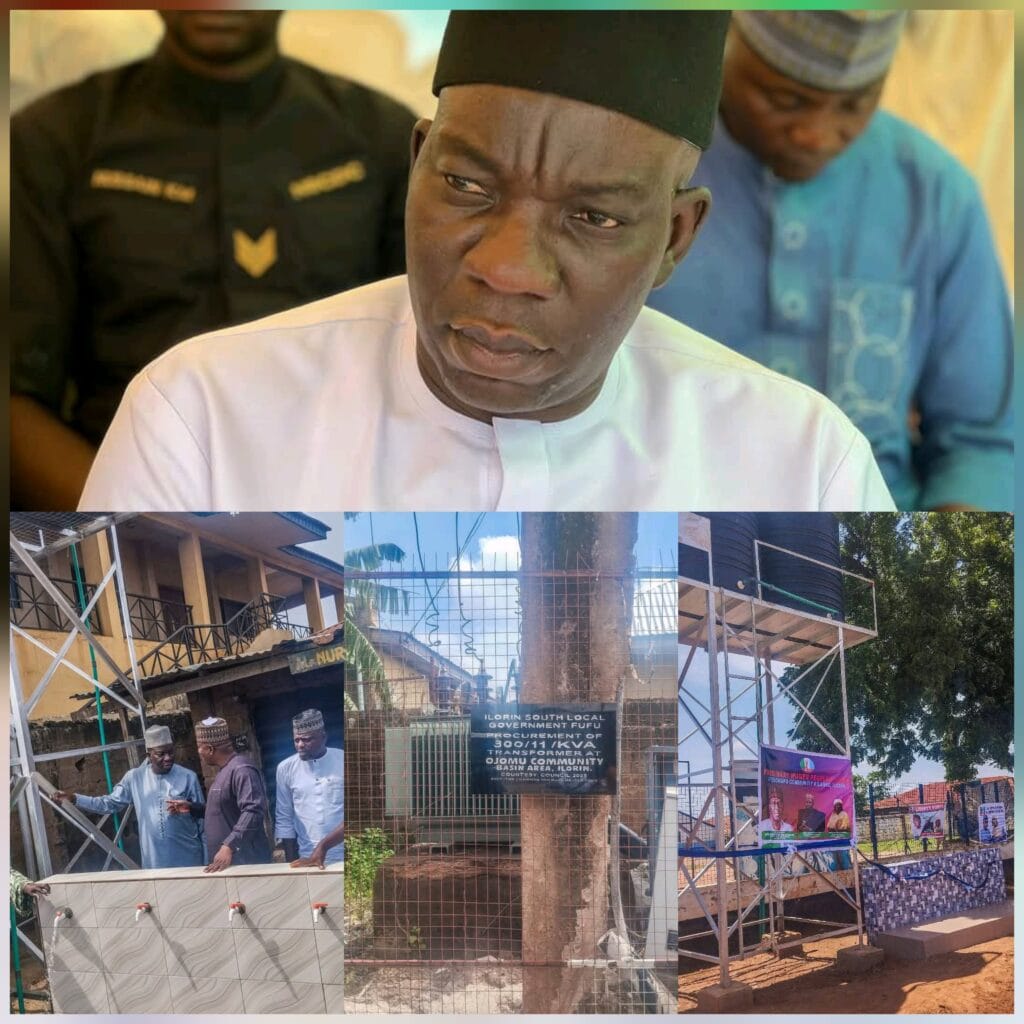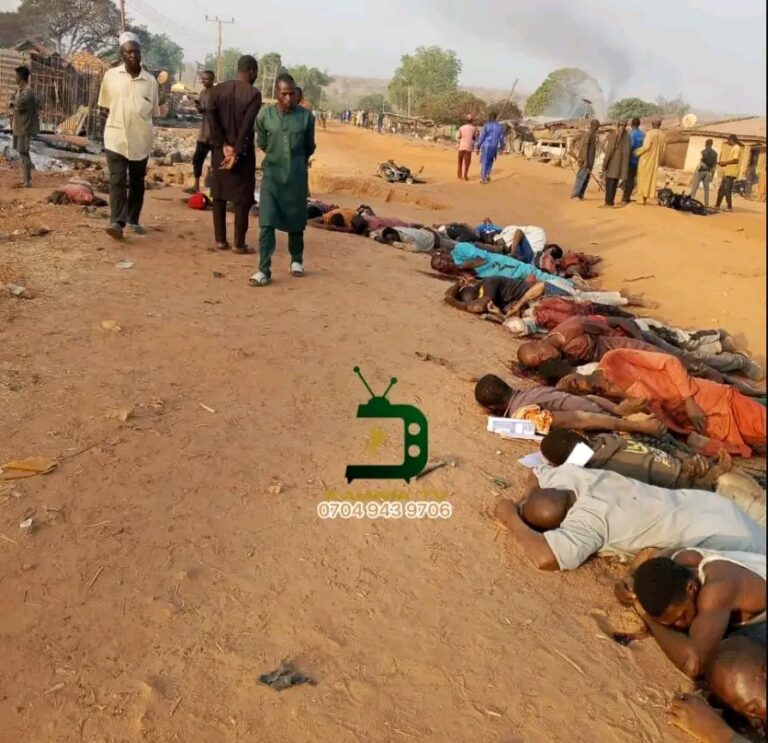
In a significant stride toward community development, Hon. Nuhu Majeed Podo, Executive Chairman of Ilorin South Local Government Area, has unveiled a series of transformative infrastructure projects aimed at improving the quality of life for residents. The newly launched initiatives include the installation of 12 motorized boreholes, the construction of a vital drainage culvert, and the deployment of four new transformers to address persistent electricity shortages.
The official commissioning ceremony drew a notable crowd of dignitaries and stakeholders, including Alh. Abubakar Abdullahi Bata, Commissioner for Local Government and Chieftaincy Affairs, members of the Local Government Commission, Vice Chairman Hon. Joel Mary Abiodun, and an array of leaders from various sectors. Their attendance underscored a shared commitment to robust local governance and sustainable development.
During his remarks, Hon. Podo emphasized that the motorized boreholes—strategically distributed across all eleven wards—are designed to provide equitable access to clean water, a long-standing need in the community. He expressed heartfelt gratitude to the ward councillors, commending their dedication and collaborative efforts in bringing these projects to fruition.
A particularly moving moment unfolded in Akanbi Ward 3, where community members, led by Vice Chairman Hon. Joel Mary Abiodun, gathered in large numbers to celebrate their newly secured water access. The residents expressed their appreciation through prayers for Hon. Podo and Governor AbdulRahman AbdulRazaq, reflecting on how these improvements signal a positive transformation for their community.
Reaffirming his administration’s unwavering focus on grassroots development, Hon. Podo praised the collective spirit of government officials and community leaders. He assured attendees that efforts toward sustainable and inclusive growth would remain a top priority.
These newly commissioned projects have brought renewed hope and optimism to the people of Ilorin South. Residents view the initiatives as timely responses to critical issues such as water scarcity and unreliable electricity, marking a tangible step forward in responsive, people-centered governance.


